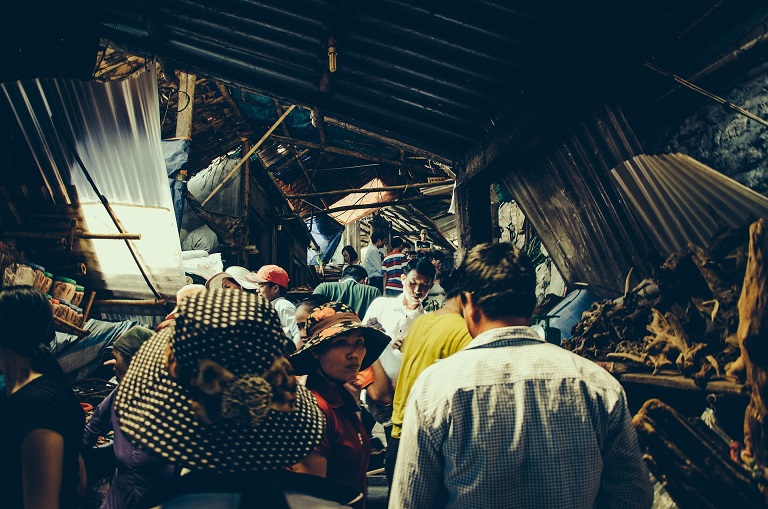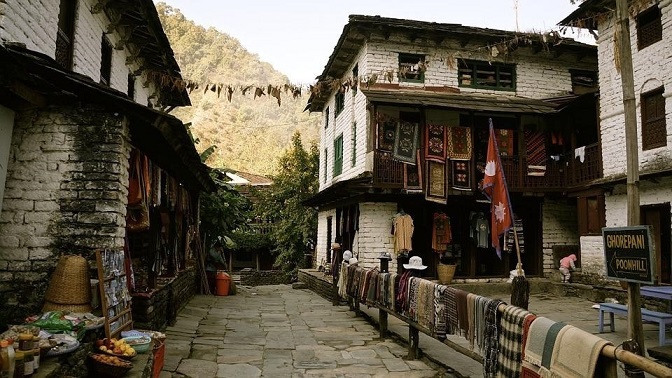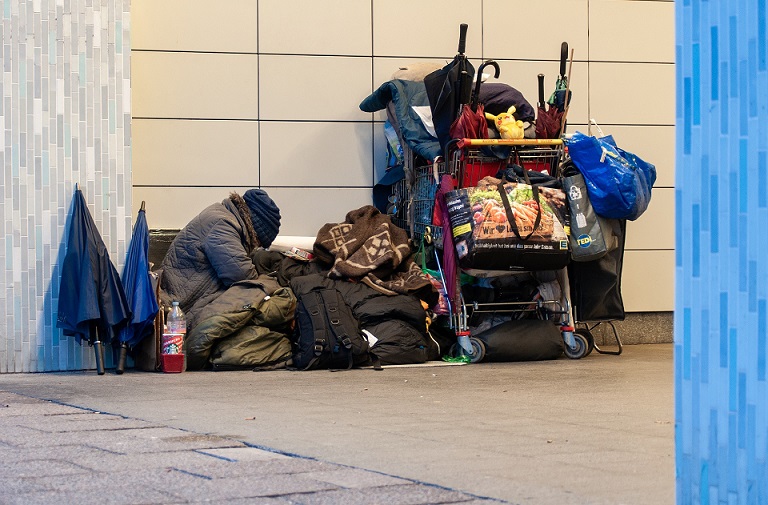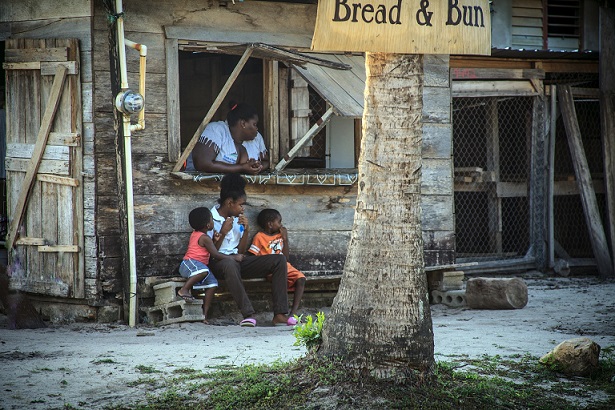Covid-19 recovery is measurably and visibly occurring in many countries, but low-income countries have not even returned to 2019 levels, according to this analysis produced since 1990 by the United Nations Development Programme (UNDP).
 Elizabeth Borrego
Elizabeth Borrego
The poorest nations are stagnating and, in many of them, conditions are deteriorating, warned Achim Steiner, administrator of the UN agency, during the presentation of the report.
Countries should join forces to focus on the major threats of the 21st century, Steiner said, including climate change, another potential pandemic, and the emergence of the digital economy and artificial intelligence. Instead, he warned, there is growing division, frustration and polarisation. At the regional level, Latin America and the Caribbean achieved a slightly better index, although without surpassing pre-pandemic levels, confirming a deterioration in access to health, education and quality of life.
For Michelle Muschett, the UNDP director for this geographical area, the trend confirms the lack of resilience.
“Our capacity to recover from the “shock” we have suffered in terms of human development is not resilient enough to return to where we were in 2019,” she said during a virtual press conference.
 Response to the crisis
Response to the crisis
UNDP sees the current context as generating growing frustration, polarisation and the rise of populism as a response that is increasingly dividing societies. The lack of progress radicalises political discourse and essentially turns more and more people against each other within countries.
Such behaviour leads to a sharper fragmentation of cooperation between nations, while internally, public policies do not advance with an impact on quality of life. This also threatens Latin America and the Caribbean, where the crisis of governance is, in itself, a crisis of development, according to the UNDP regional head. “At the heart of this polarisation we have seen gender equality, human rights, the concept of democracy: our own advances in development are being challenged, which could represent major setbacks for countries in the region,” she warns.
In this context, regional integration is crucial and necessary not only to address the problems affecting the continent, but also for it to play a role in global transformation.
 Inequalities exposed
Inequalities exposed
Other alarming data revealed increasingly exposed inequalities, while the erosion of democracy and the flourishing of populism threaten the stability of many states.
For the director of the Human Development Report Office, Pedro Conceição, the figures confirm that humanity’s poorest and most vulnerable are being left behind, reversing a 20-year trend. At the same time, gender inequalities increased dramatically during the pandemic. The report calls it paradoxical that 90 per cent of the world’s population supports democracy while more than half of those surveyed expressed support for leaders under whose leadership the foundations of democracy risk being undermined.
The publication calls in this scenario for more spending on global public goods that benefit all people, including to stabilise the climate and the planet.
It urges harnessing new technologies to improve human development, and the global financial system to benefit low-income countries.
 More recovery still to come
More recovery still to come
The Latin America and Caribbean region recorded a sharp drop in HDI from 2020 to 2021 with a slower-than-expected recovery.
Although in 2022 that progress increased, the area got a lower level than expected, in line with the trend before the pandemic. According to the regional director, as at the global level, polarisation and the proliferation of conflicts are some of the main challenges for this geographical area. Electoral processes on the continent present an additional complexity, as the transition may undermine any gains that may have been made. In a year with electoral processes as never before seen on the planet, six countries in Latin America will hold presidential elections and many others municipal elections.
We understand that there must be continuity, the regional representative said in response to a question from Prensa Latina, noting UNDP’s responsibility as a provider of electoral support.
 However, among other positive aspects, the area consolidates itself as the first most democratic region in development and perhaps the only one that can boost its development through this achievement, according to Muschett.
However, among other positive aspects, the area consolidates itself as the first most democratic region in development and perhaps the only one that can boost its development through this achievement, according to Muschett.
It is an area with a rich biodiversity and an active, multicultural population. This, rather than being a cause of inequalities, has the potential to become a powerful engine if we incorporate it, he added. The region shows better results than the global indices in aspects such as life expectancy, with a value of 73.9 years, and the component of expected years of schooling and average years of schooling. However, the report considers the region to be lagging behind in per capita income, while calling for investment in social protection and resilience so that the impacts do not fall so heavily on people. PL
(Translated by Rene Phelvin – Email: renephelvin@gmail.com) – Photos: Pixabay












.jpg)












